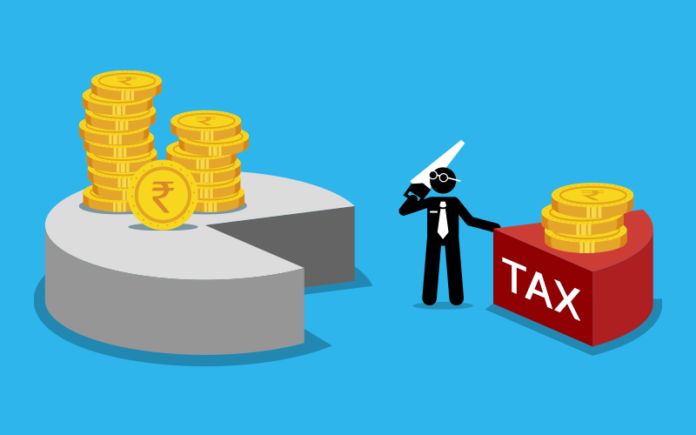Around the middle of spring, you’ll see adults of all ages be big babies about “tax day.” You’ll probably encounter these laborers needing tax help with the best online tax service. When we use the word “TAX,” we usually imagine an income tax, whether personal, corporate, property, or consumption tax. Taxes, however, come in more forms than just income tax. They are also employed in other sectors of the economy and as payment for services rendered by the government. Despite others being bitter about taxes, they are essential for promoting economic development and accomplishing the shared objective of a wealthy and functional community.
In the United States, there are local, state, and federal governments that are made up of many different parts. Taxes are used to pay the employees that work for these governments. We all understand that paying taxes is legally required, but do we know why the government receives such a large portion of our income? As to why we pay taxes, there are numerous justifications.
For more information on why we pay taxes to the government, continue reading below.
- Providing the infrastructure and services
For most governments, taxes are a crucial source of income that helps them pay for residents’ essential services and infrastructure. Naturally, not all revenues will go toward providing such social goods. However, when governments receive funding through taxes, residents are much better positioned to demand that it be used to pay for the services to which they are legally entitled.
Take education as an example. A non-governmental group has emphasized that governments prefer to use tax income, rather than help or loans, to support teachers’ wages since it is reasonably secure and predictable. The most excellent method to increase funding for more teachers is to broaden the tax base at the federal level. The same is true for many other services that rely on government funding and assistance.
- Strategy to combat inequality and poverty
The distribution of wealth within an economy can be significantly influenced by tax policy. As previously mentioned, providing services is one strategy to combat poverty and inequality through taxation. The poor rely more heavily on essential services like publicly financed health and education. Furthermore, both progressive and regressive components can be found in tax systems. In reality, regressive tax schemes are typical around the world. This is considerably more likely to be the case in many southern nations, where income taxes are meager and consumption taxes are overused.
- Building government accountability
Tax should be a priority if you are focusing on governance and accountability issues. Taxation serves more purposes than only generating cash; it is also a crucial component of democracy and the establishment of states. According to a study, the introduction or increase of taxes without corresponding improvements to service delivery caused citizens to demand their rights, leading to democratic reforms. Promoting voluntary tax compliance and, more broadly, developing the government’s legitimacy and accountability can be based on transparency.
- Limiting the bad, increasing the good
Taxes are used to ensure that a particular good’s market price accurately reflects the social benefits and costs associated with its production or consumption. By making it expensive to engage in socially undesirable acts or rewarding behavior deemed suitable to society, the design of a tax system can aid in realizing other social advantages.
On the consumer side, this could involve charging gasoline or tobacco to reduce environmental costs and health risks. On the production side, restricting taxes could, for example, be levied on mining operations that might adversely impact the local ecology and communities.
- VAT affects the poverty-stricken
Due to their vast informal economies and sizable rural populations, most southern countries find it challenging to collect income taxes from their population. These are frequently the people least able to afford to pay taxes, even if governments had better mechanisms in place. Many southern nations have turned more and more to an increase in the VAT to address this issue and raise tax income. However, consumption taxes, like the VAT or GST, are typically regressive, meaning that the poorest individuals pay a proportionately higher amount.
